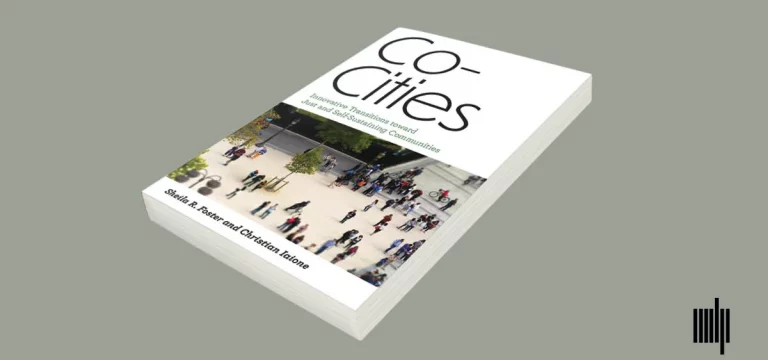
A new model of urban governance, mapping the route to a more equitable management of a city’s infrastructure and services.
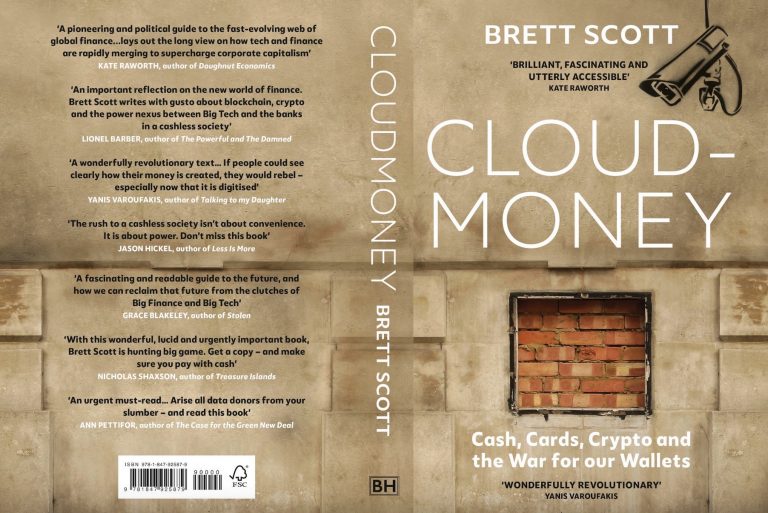
In Cloudmoney, Brett Scott tells an urgent and revelatory story about how the fusion of Big Finance and Big Tech requires “cloudmoney”—digital money underpinned by the banking sector—to replace physical cash.
Book is also available in German, Spanish, Dutch, Italian, Portuguese & Korean

PepsiCo’s award-winning chief design officer reveals the secret to creating life-changing innovations: putting human needs at the center of any design process.
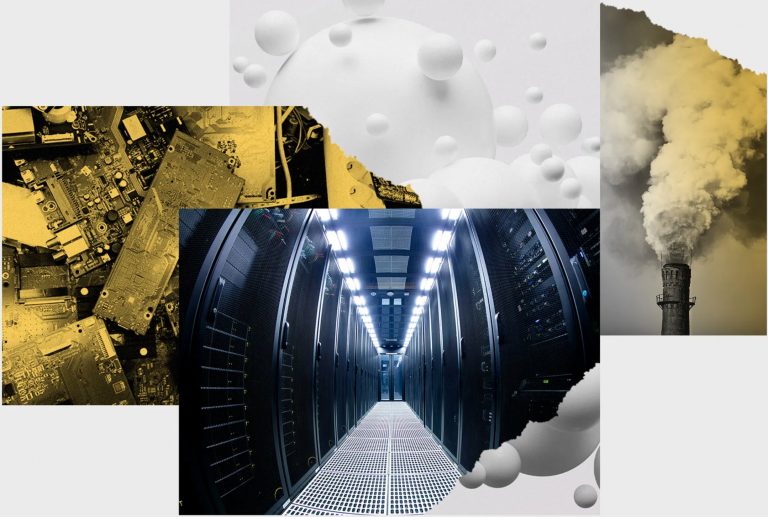
Data centers are destroying the natural world, writes anthropologist Steven Gonzalez Monserrate in Wired. But is the cloud an inherently unsustainable paradigm? He foresees three possible pathways for remaking the cloud into something more sustainable for future generations.
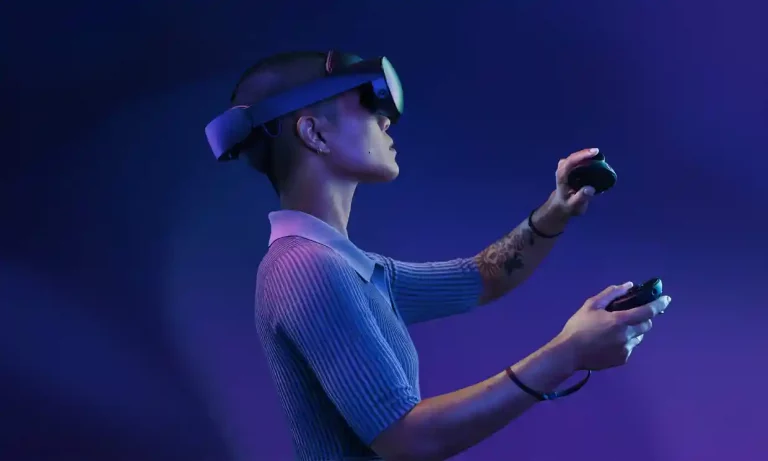
The metaverse will be a digital graveyard if we let new technologies distract us from today’s problems
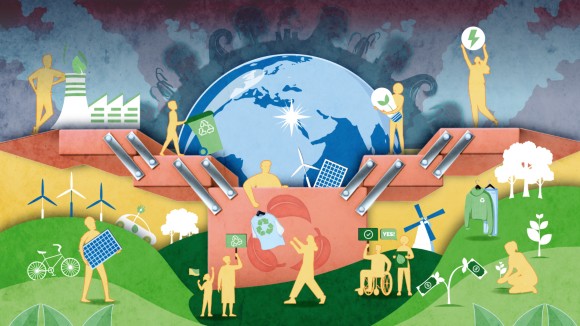
This Focus of Nature Magazine, a collaboration between Nature Human Behaviour and Nature Climate Change, features a broad range of Review and Opinion content on the role of human behaviour in adaption to climate change and mitigation of its negative consequences.
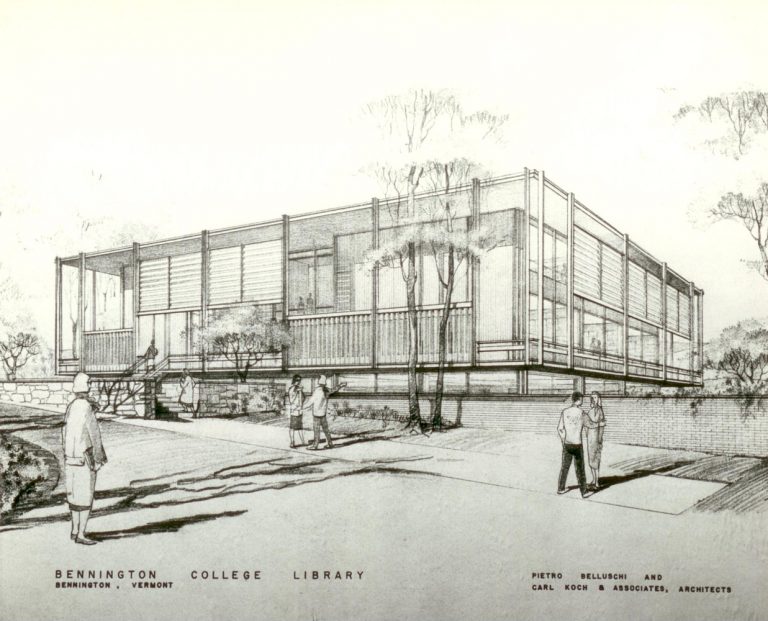
Approaching architectural design with a UX designer’s mindset ensures a more holistic approach to designing the experience of using a building. From the outset, a stronger understanding of the user enables human behavior to dictate the design to a greater degree.

This book explores the application of service design to urban commons, focusing on the Reggio Emilia Ducal Palace in Italy.
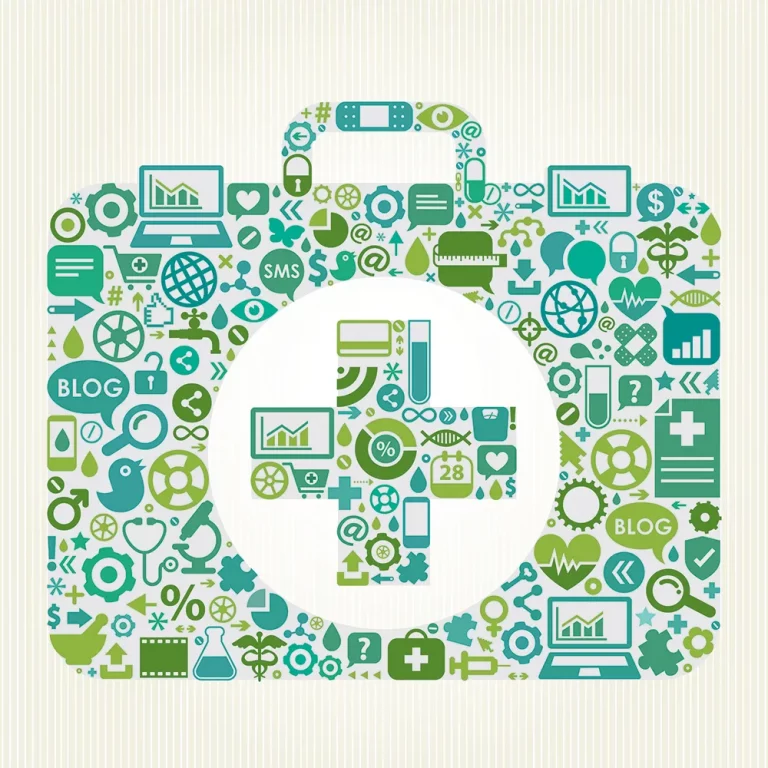
Paying individual people for their health data will widen inequalities and reduce altruism, luring people to sell their privacy. Health data should instead be treated as collective property, and commercial profits should be shared with the public.
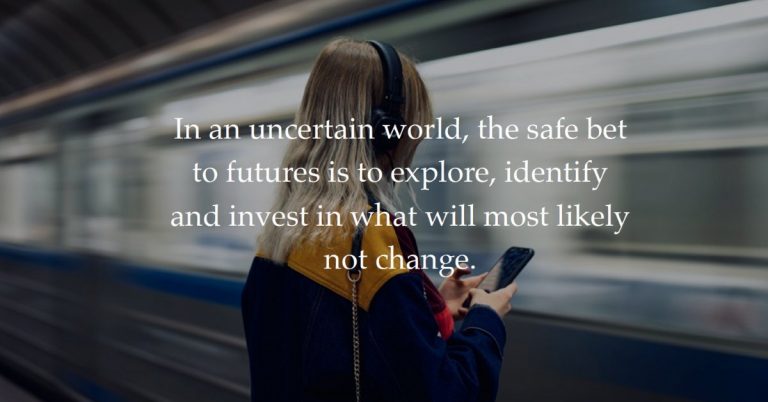
In an uncertain world, the safe bet to futures is to explore, identify and invest in what will most likely not change.

“There is nothing shocking or radical about ending an economic practice that has too many negative externalities. We have banned certain kinds of economic activity in the past because of them being too toxic for society. ”
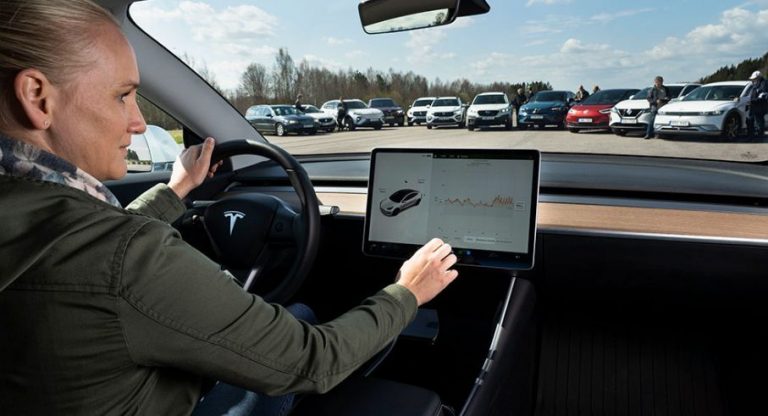
Physical buttons are increasingly rare in modern cars. Most manufacturers are switching to touchscreens – which perform far worse in a test carried out by Swedish car magazine Vi Bilägare.
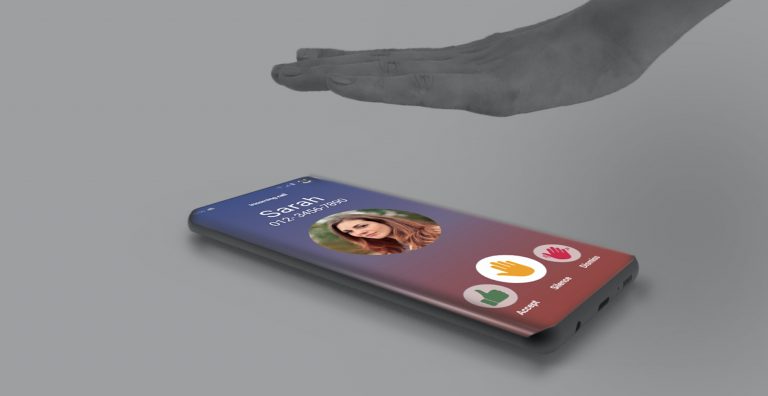
A touchless UI has an edge over devices that require touch interactions because decreasing physical contact is helpful in diverse contexts—from food-processing plants to an airport’s self-service registration kiosks.
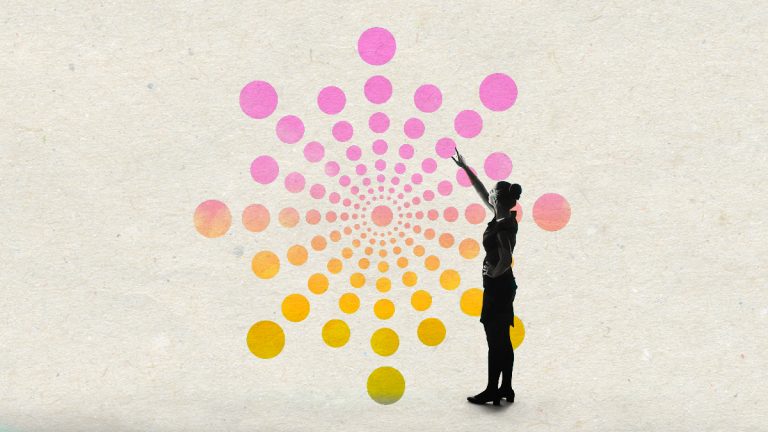
By force of habit, most executives tune down their imagination when strategizing. This is counterproductive, the authors argue. Instead, they offer an alternative: Design fiction. A design technique that immerses executives and employees deeply in various possible futures, it uses artifacts such as short movies, fictitious newspaper articles and imaginary commercials to generate transformation roadmaps.
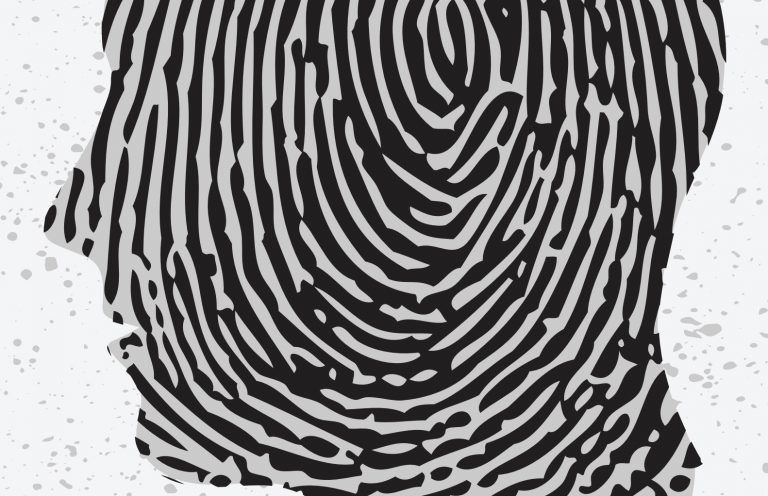
A report by researchers at New York University warns that biometric and other digital ID systems that are increasingly linked to large-scale human rights violations, especially in the Global South.

The first book to take an interdisciplinary and international approach to understanding how our everyday lives are being affected by automated decision-making.

In the three years since the last Global Happiness and Well-Being Policy Report, governments have faced a cascade of challenges to the well-being of their populations.
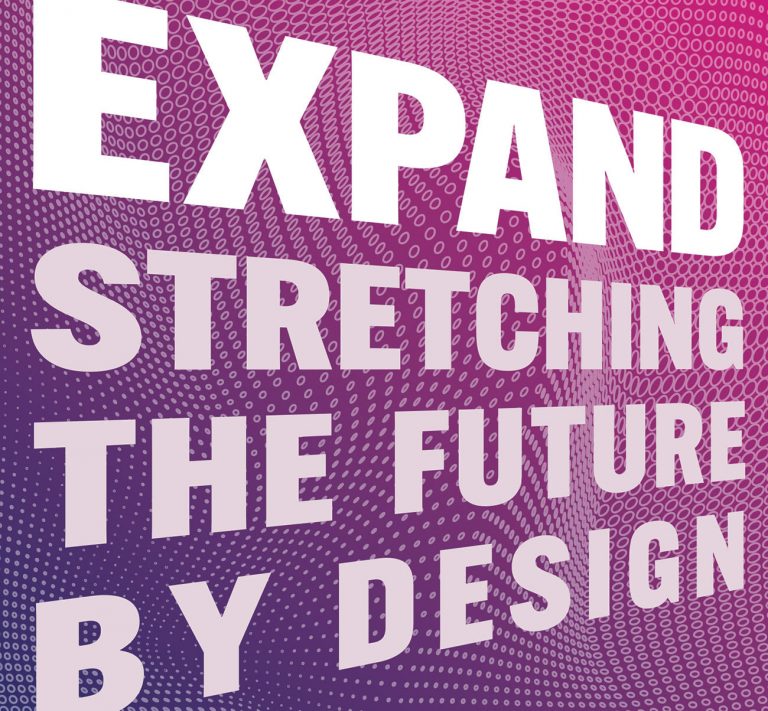
From transforming the ways we do business and reimagining health care, to creating planet-restoring housing and humanizing our digital lives in an age of AI, Expand explores how expansive thinking across six key areas—time, proximity, value, life, dimensions, and sectors—can provide radical, useful solutions to a whole host of current problems around the globe.
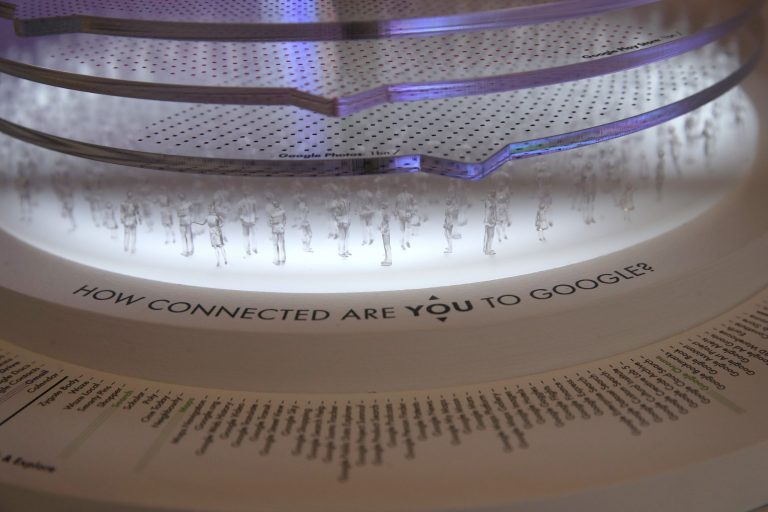
It’s easy to assume that because some data is “personal”, protecting it is a private matter. But privacy is both a personal and a collective affair, because data is rarely used on an individual basis, writes Carissa Véliz in the New Statesman.
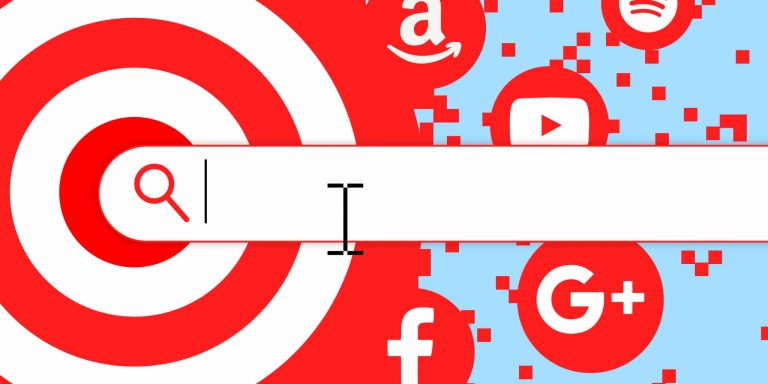
With 'obfuscation' or 'data poisoning,' they are redoubling their efforts to prevent companies from tracking them online, writes Aurélien Defer in Le Monde. But these time-consuming and sometimes very complex methods of resistance have not become widespread.




















